Why ‘Eating Clean’ Might Be Hurting Your Health More Than Helping It
Category: Cravings
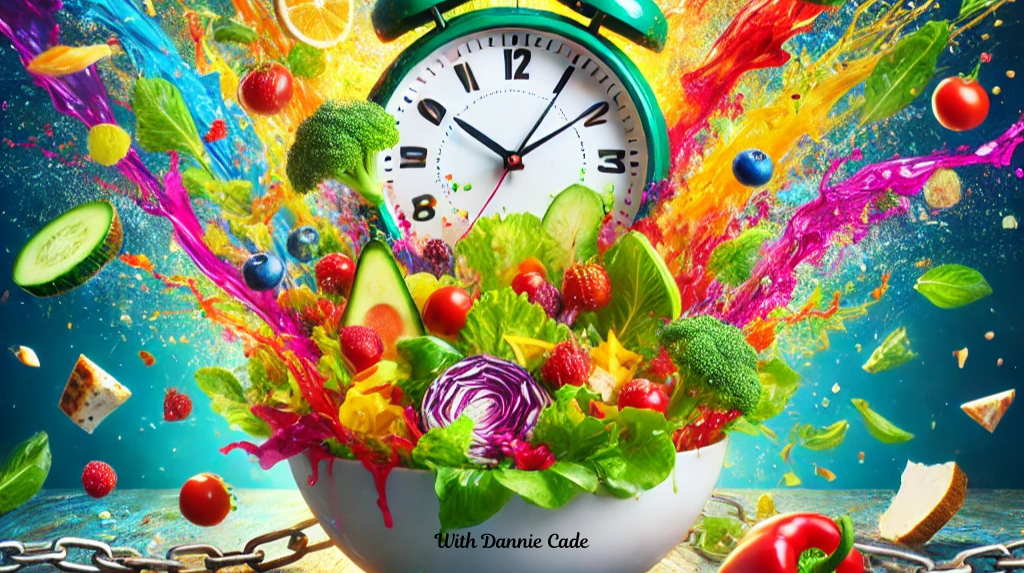
What if everything we thought we knew about “healthy eating” was based on rules that are actually designed to keep us stuck in an endless cycle of restriction and guilt, rather than actually nourishing our bodies in a way that feels good? For years, we’ve been bombarded with the same messages. “Eat more vegetables.” “Limit sugar.” “Cut carbs.” “Watch your portions.”
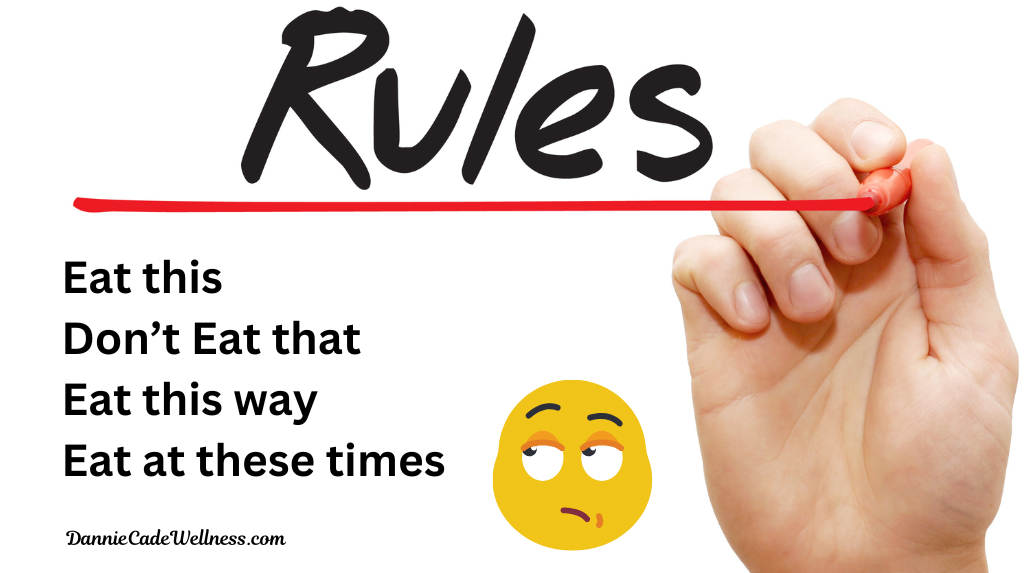
It’s always about rules, about taking things away, about doing more and yet somehow, despite all of these so-called guidelines, people are still struggling. They’re still exhausted, still dealing with cravings, still battling their weight, and still feeling like they’re failing at nutrition, but what if nutrition wasn’t supposed to feel like a fight?
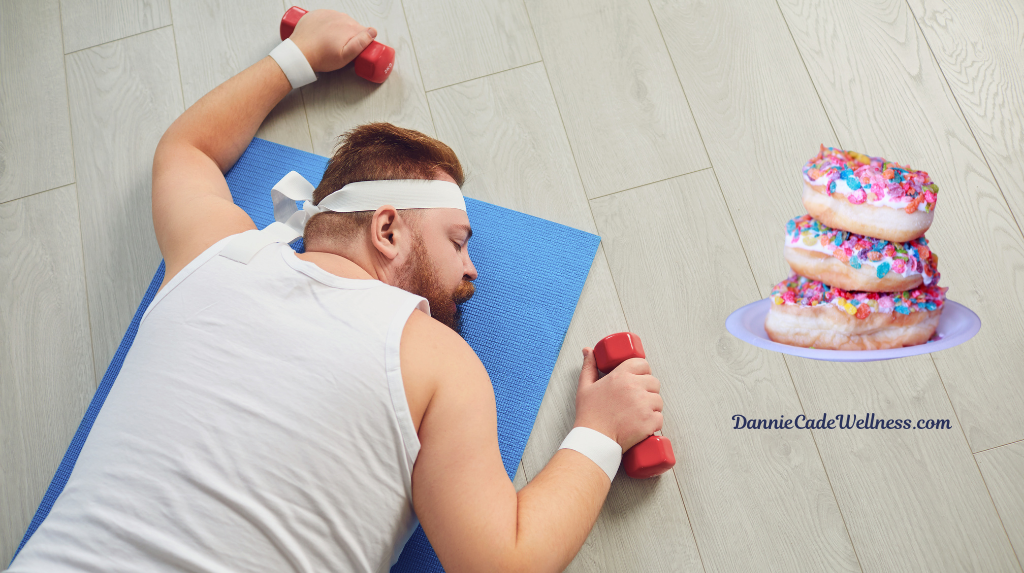
This National Nutrition Month, let’s change the conversation by looking beyond the rules, beyond diet culture, and thinking about food in a way that actually serves us. Because here’s the truth: Good nutrition isn’t about counting every calorie, obsessing over macros, or feeling guilty every time you eat something “off plan.” It’s about balance, nourishment, and—believe it or not—it’s about joy, so if you’ve ever felt confused about what’s actually “healthy,” you’re not alone.
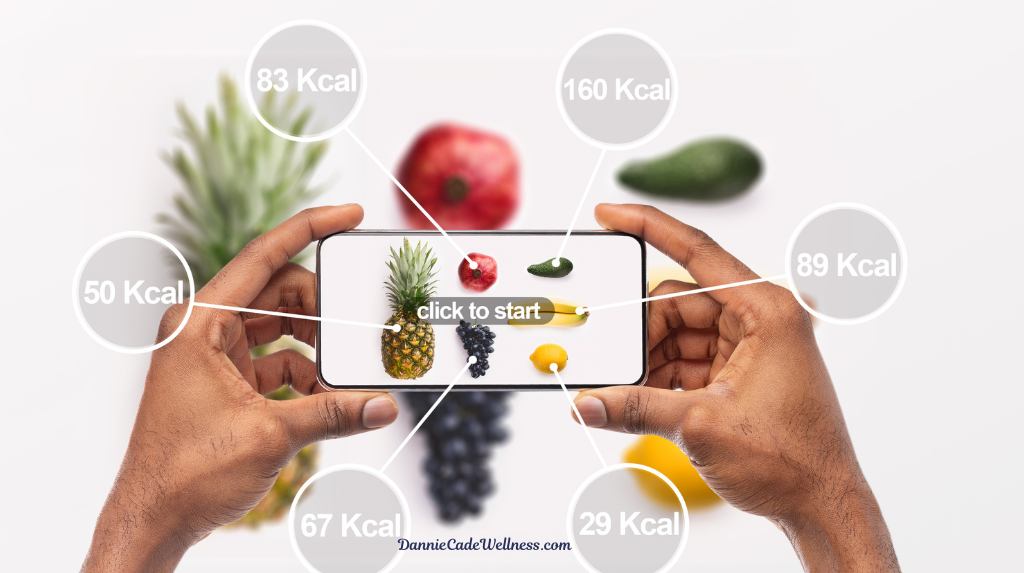
The media plays a massive role in keeping people stuck in this confusion. One day, a food is a superfood; the next, it’s villainized. Fat was the enemy for years, then suddenly, keto made it king. Carbs were fine until they became “bad.” The media thrives on extremes, pushing fear-driven narratives that keep people chasing the next diet trend instead of focusing on long-term, sustainable health, and let’s talk about diet culture disguised as “wellness.”
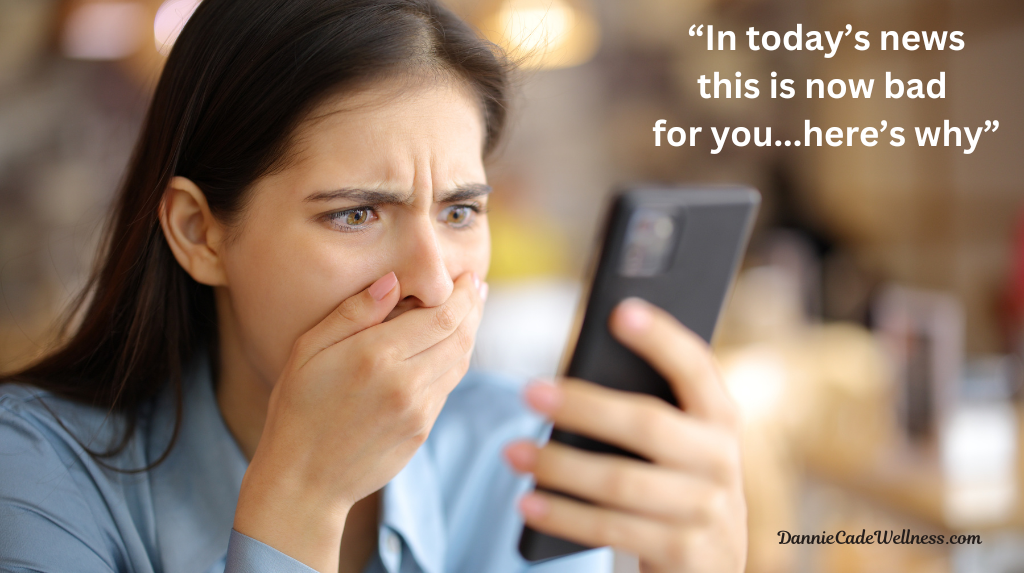
We’re bombarded with bad messages like: looking a certain way equals health, or push restrictive eating patterns instead of real, balanced nutrition. Then you add in the celebrity-backed detoxes and “magic” weight loss tricks, and it’s no wonder people feel lost. This cycle of misinformation isn’t designed to help us—it’s designed to keep us consuming, always searching for the next fix.

Let’s start with a hard truth: people don’t actually have a problem with what they eat nearly as much as they have a problem with how they eat. Think about it. When was the last time you truly enjoyed your food? Not just shoved it down while scrolling on your phone, not just inhaled it between meetings, but really tasted it?
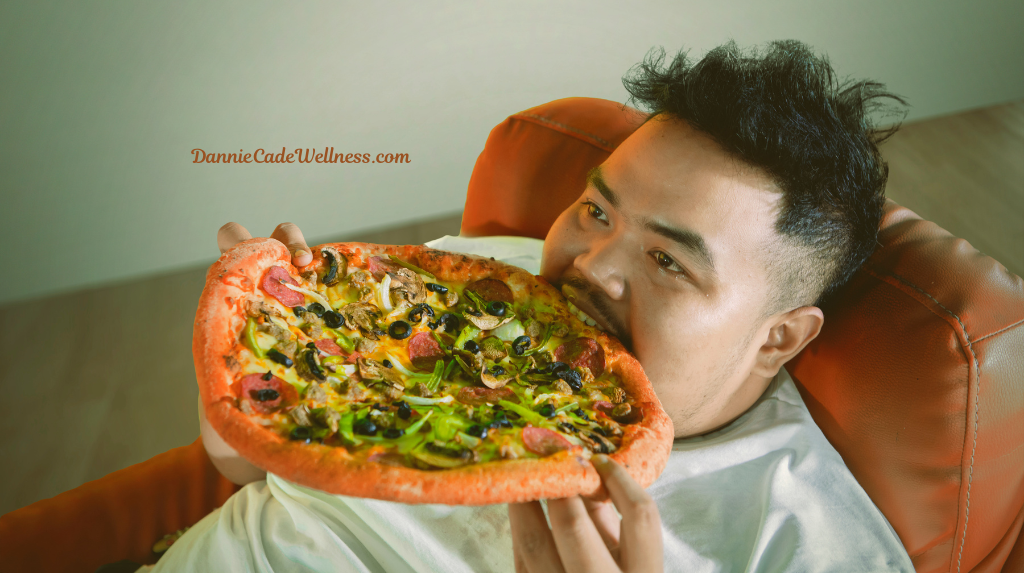
How often do you eat because you’re actually hungry, versus eating because you’re stressed, bored, or just because it’s time to eat? Nutrition isn’t just about nutrients, it’s about your relationship with food, and that relationship for a lot of people is completely broken. We treat food like an enemy or a reward, swinging between extremes.
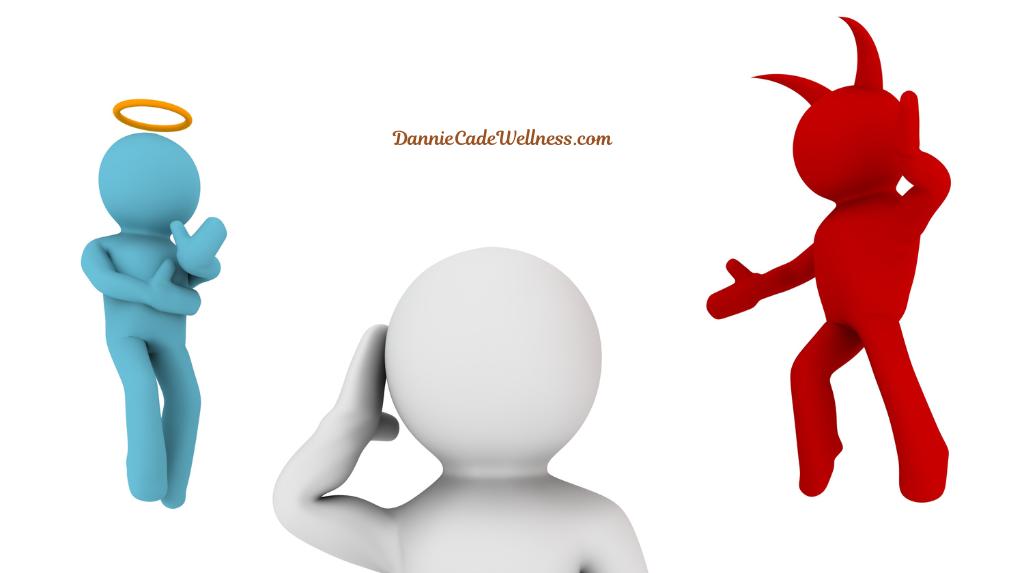
Either we’re “being good” and eating clean, or we’re “cheating” and indulging. This all-or-nothing mindset isn’t just exhausting, it’s damaging. It creates guilt, shame, and a disconnection from what our bodies actually need… and let’s talk about that for a second – what your body actually needs, because here’s another thing that diet culture doesn’t tell you: your body isn’t just some machine that runs on protein, carbs, and fats.
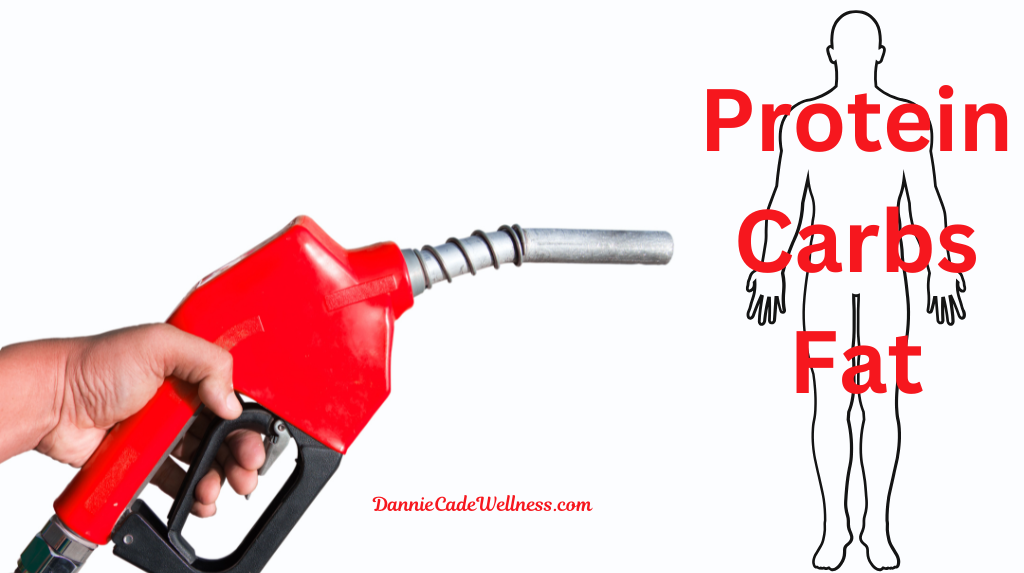
It’s a complex, dynamic system controlled by something far more powerful than willpower…..your hormones. If you’ve ever wondered why you crave sugar when you’re stressed, why you feel hungrier when you don’t sleep well, or why some days you could eat everything in sight while others you barely feel like snacking, the answer is hormones…and they control way more than just your appetite.
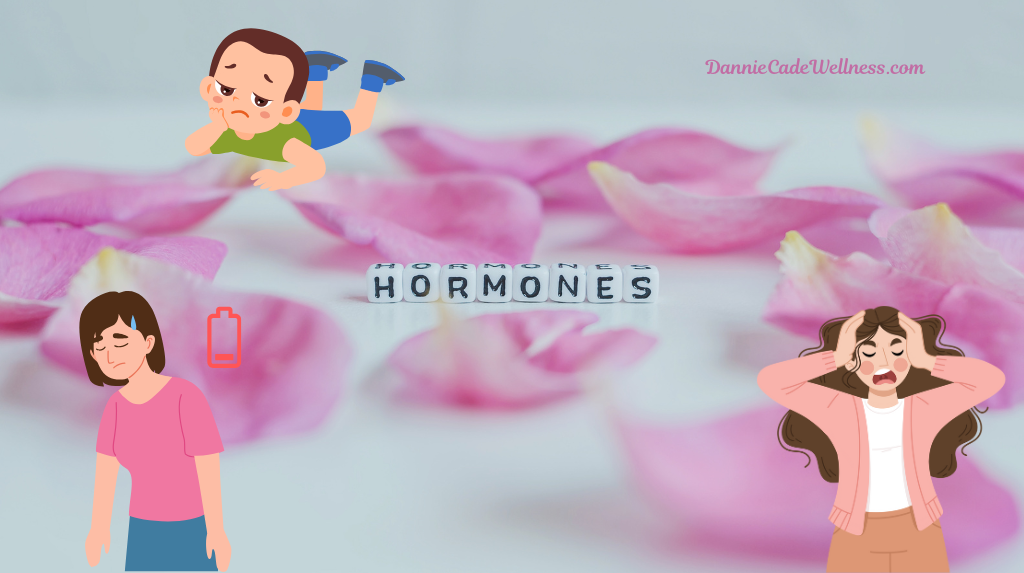
They impact your metabolism, your energy, your mood, even how well you digest food. And yet, most nutrition advice completely ignores this. We’re told to “just eat less” if we want to lose weight, as if our bodies aren’t actively working against us when we’re sleep-deprived, over-caffeinated, and drowning in stress. So here’s the real question: how do we break free from this cycle?

How do we nourish ourselves in a way that actually works, feels sustainable, and doesn’t leave us constantly feeling deprived or out of control? First, we need to ditch the “good” vs. “bad” food mentality. Food isn’t moral. A salad isn’t “good,” and a piece of chocolate cake isn’t “bad.” They’re just food. Yes, some foods are more nutrient-dense than others, but that doesn’t mean you need to feel guilt or shame about eating something simply because it’s not the healthiest option.
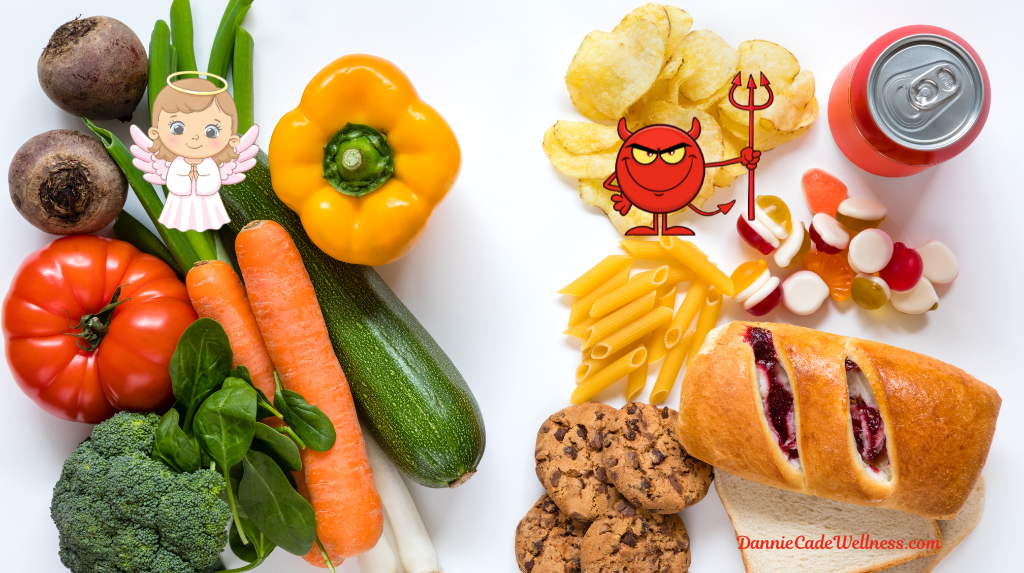
Second, we need to slow down. Mindful eating isn’t just some trendy concept, it’s an actual game-changer. Taking the time to actually taste your food, chew properly, and pay attention to how it makes you feel can help you eat in a way that satisfies both your body and mind. It helps with digestion, prevents overeating, and – believe it or not – makes food more enjoyable.

Third, we need to respect our bodies enough to give them what they actually need, meaning focus on whole, nutrient-dense foods most of the time, while also leaving room for enjoyment. It means eating in a way that supports your hormones, your energy, and your well-being – not just following a list of rules that leave you feeling restricted, and here’s the part nobody wants to admit: nutrition is personal.
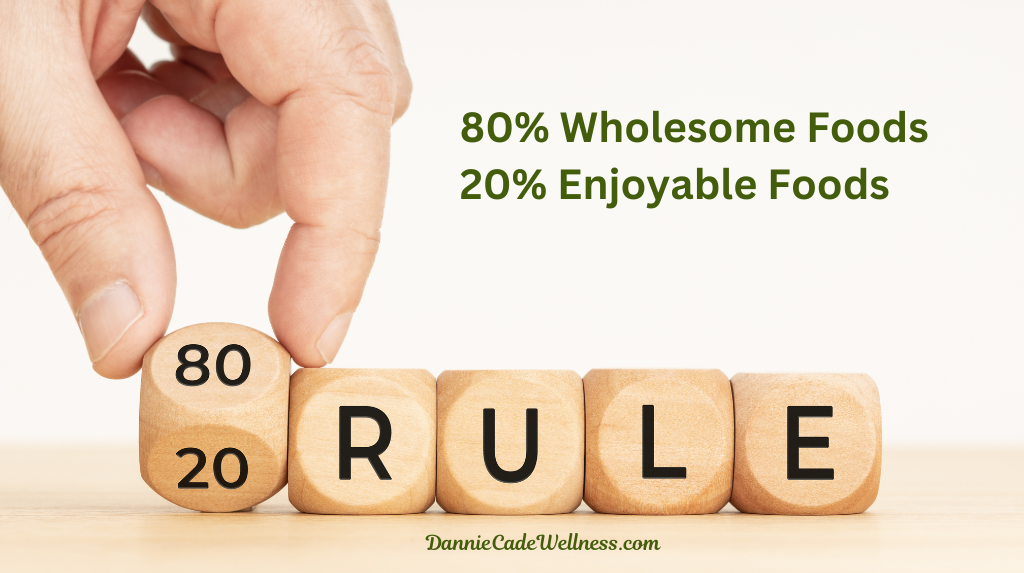
What works for one person may not work for you. Some people thrive on a higher-fat diet. Others do better with more carbs. Some people feel great eating three big meals a day, while others prefer smaller, more frequent meals. The point is, you don’t have to fit into someone else’s version of “healthy.” You want to find what works for you because at the end of the day, good nutrition isn’t about perfection – It’s about consistency – It’s about making choices that support your health without obsessing over every single bite.
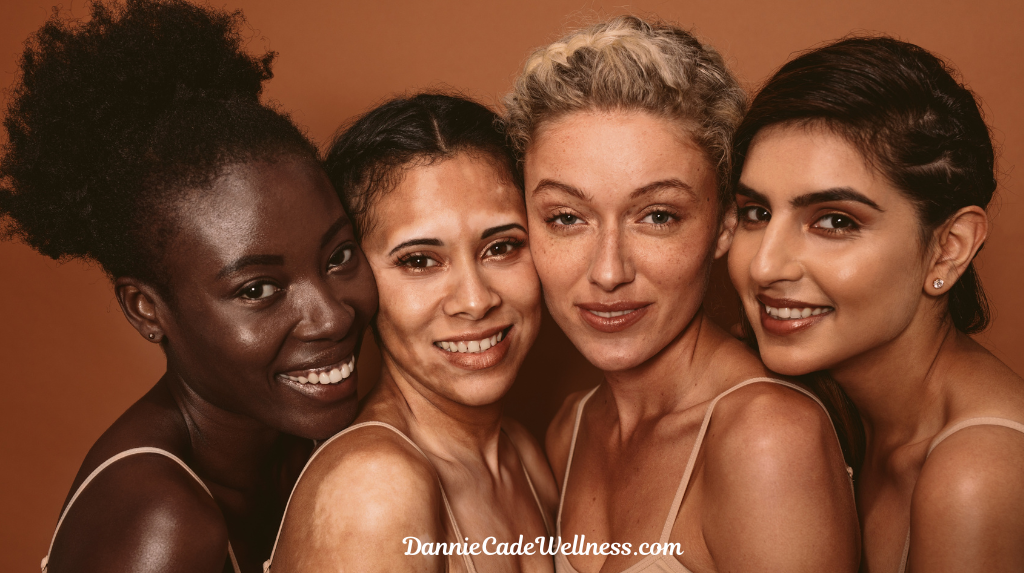
It’s about learning to trust your body again – listening to it, fueling it, and treating it with respect. So this National Nutrition Month, let’s shift the focus by not chasing those fad diets and quick fixes, and let’s not punish ourselves for eating. Instead, let’s start nourishing ourselves not just with food, but with kindness, balance, and a whole lot more joy because real health isn’t about restriction – It’s about freedom.
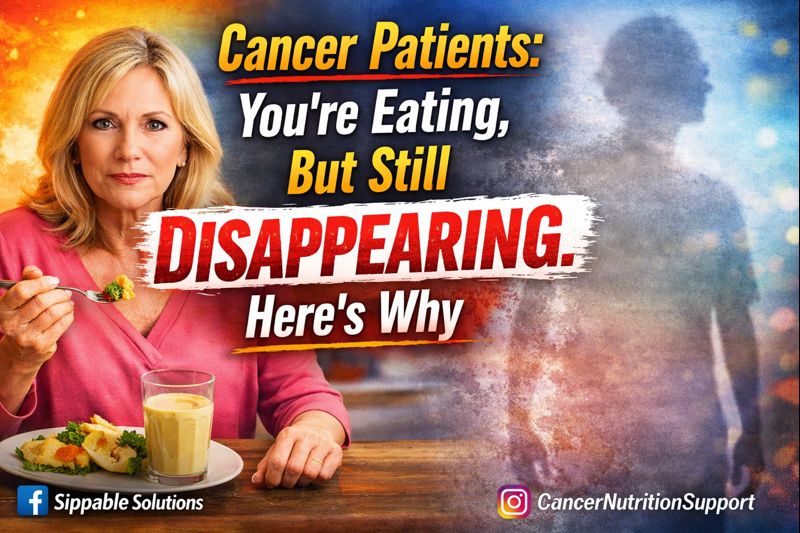
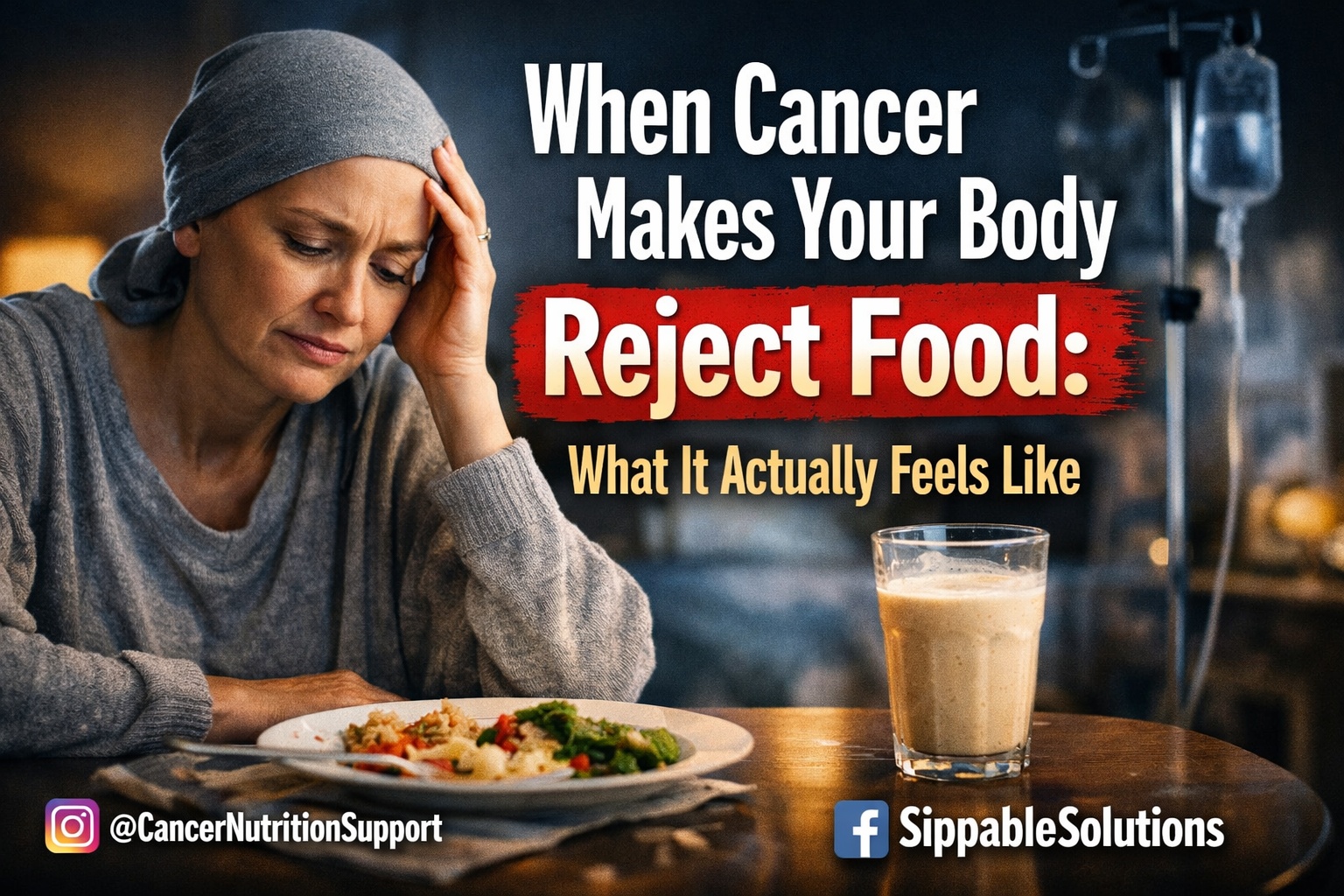
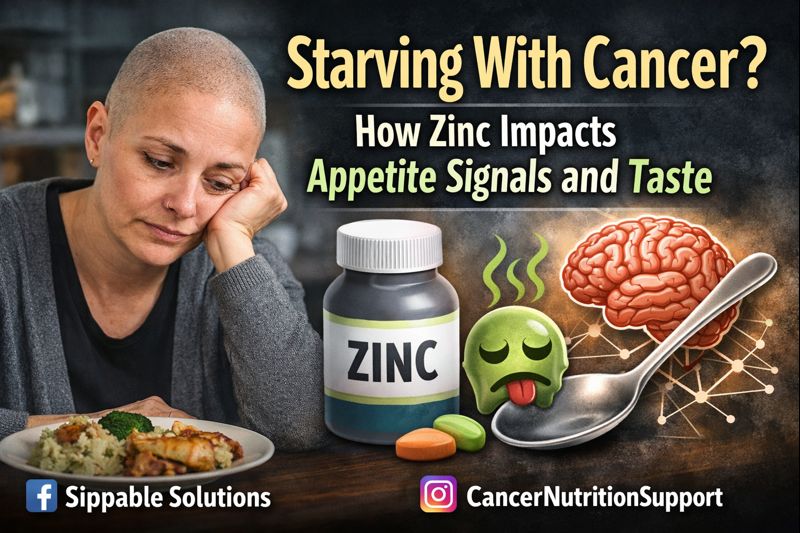
Facebook Comments